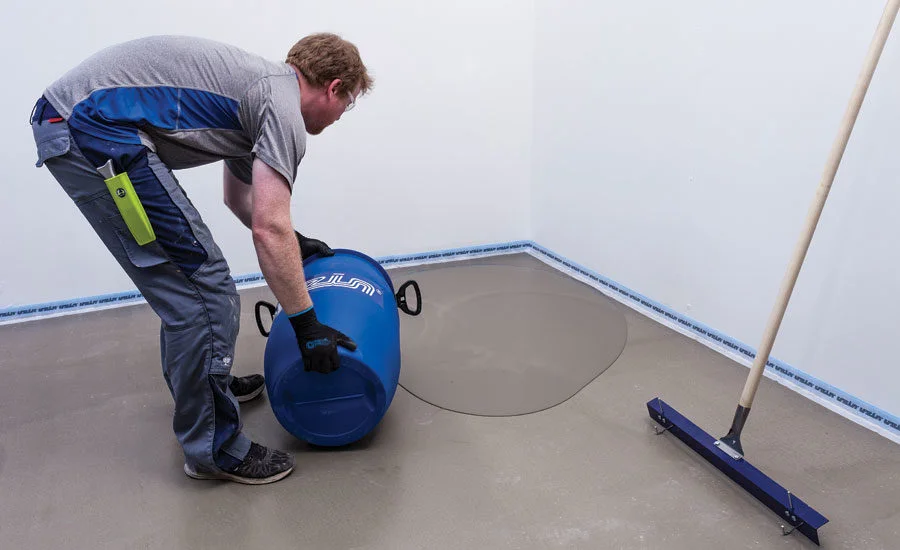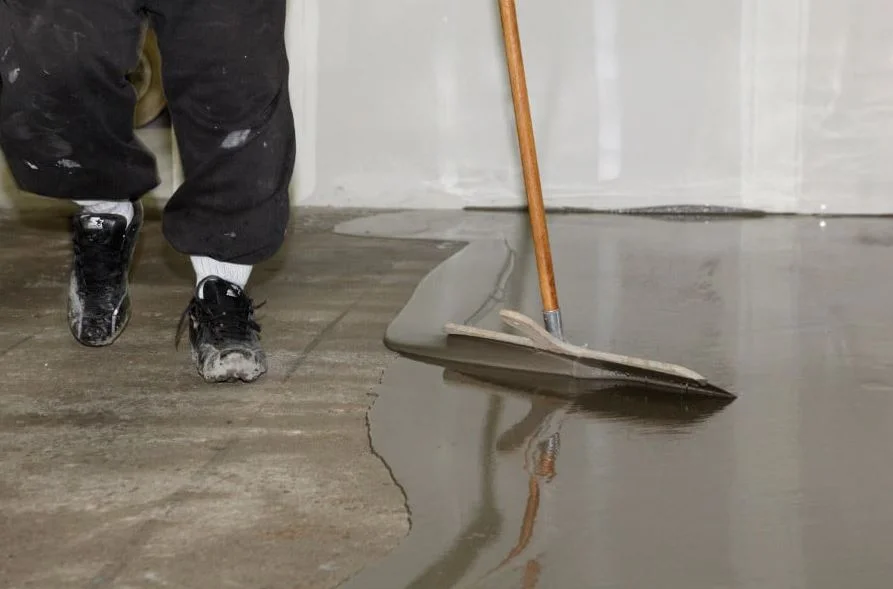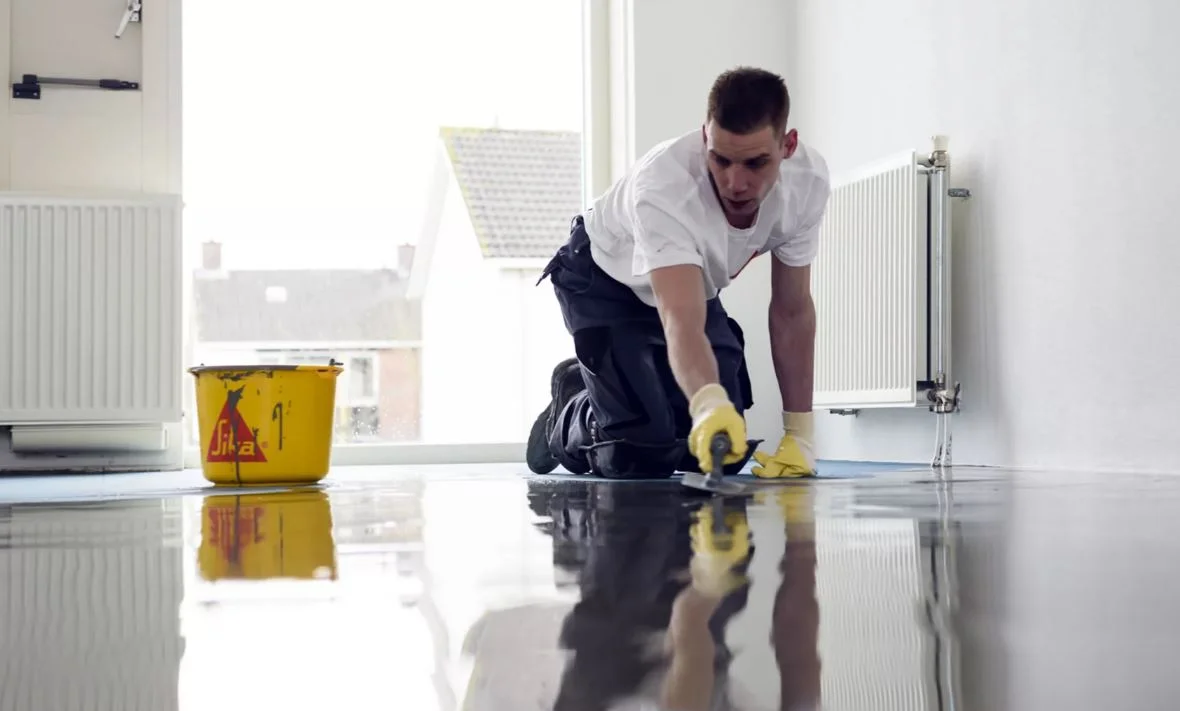Home / self leveling
Master Your Space: The Ultimate Guide to Seamless Self-Leveling Solutions

Transform your floors with precision and ease using cutting-edge self-leveling concrete techniques. Say goodbye to uneven surfaces and hello to perfection with our comprehensive guide. Whether you’re tackling DIY projects or seeking professional-grade results, discover the versatility of floor leveling compound solutions tailored to your needs.
Unlock the secrets of self-leveling sealants, your go-to for achieving flawlessly smooth finishes that withstand the test of time. From small repairs to extensive renovations, learn how to harness the power of latex floor leveling compound for unmatched durability and resilience.
Explore the art of self-leveling compound for concrete, revolutionizing the way you approach flooring projects. With our expert insights, you’ll navigate the process effortlessly, achieving professional-quality results with every application.
Dive deep into the world of self-leveling solutions and unleash the full potential of your space. Elevate your surroundings with precision, efficiency, and unparalleled expertise. Whether you’re a seasoned pro or a DIY enthusiast, our guide empowers you to master every aspect of self-leveling, ensuring a seamless transformation that exceeds expectations.
Unlocking Precision: A Comprehensive Guide to the Diverse World of Self-Leveling Technologies
- Epoxy-based Self-Leveling Compounds: These are commonly used in industrial and commercial settings. They offer excellent durability and resistance to chemicals and abrasion.
- Cementitious Self-Levelers: Typically used in residential and light commercial applications, these compounds are easy to apply and provide a smooth surface for flooring installations.
- Polyurethane Self-Leveling Compounds: Known for their flexibility and fast curing times, polyurethane self-levelers are often used in areas where thermal movement is expected, such as parking decks and bridge decks.
- Gypsum-based Self-Levelers: Ideal for interior applications, gypsum self-levelers are lightweight and offer good fire resistance. They are often used in residential and commercial construction projects.
- Acrylic-based Self-Levelers: Offering quick drying times and excellent adhesion properties, acrylic self-levelers are commonly used for interior floor leveling projects.
- Fast-setting Self-Leveling Compounds: These formulations are designed to cure rapidly, allowing for faster installation and reduced downtime.
- Moisture-tolerant Self-Levelers: Specifically formulated to withstand moisture, these compounds are suitable for use in areas prone to dampness or high humidity levels.
- Decorative Self-Leveling Overlays: These self-leveling compounds are enhanced with color pigments, aggregates, or decorative elements, allowing for the creation of unique and aesthetically pleasing floor finishes.

- High-performance Self-Levelers: Engineered to meet the demands of heavy-duty environments, high-performance self-levelers offer superior strength, durability, and resistance to wear and tear.
- Self-Leveling Underlayments for Radiant Heating Systems: These specialized compounds are designed to provide a level surface for the installation of radiant heating systems, ensuring optimal heat distribution and energy efficiency.
Discover the Top Advantages of Self-Leveling Solutions: Elevate Efficiency, Precision, and Quality!

- Efficiency: Self-leveling materials save time and effort by automatically spreading and evening out, reducing the need for manual leveling and smoothing.
- Precision: Achieve consistently level surfaces with minimal human error, ensuring a high-quality finish every time.
- Versatility: Suitable for various substrates including concrete, wood, and tiles, making it a versatile solution for different construction and renovation projects.
- Cost-effectiveness: Minimize material wastage and labor costs by utilizing self-leveling compounds, which often require fewer touch-ups and adjustments.
- Time-saving: Speed up project timelines with rapid curing times, allowing for faster installation of flooring, tiles, or other finishing materials.
- Enhanced Durability: Create a strong, even foundation that enhances the durability and longevity of flooring systems, reducing the likelihood of cracks or uneven surfaces over time.
- Improved Aesthetic: Achieve a smooth, professional-looking finish that enhances the overall aesthetic appeal of the space, whether it’s a residential, commercial, or industrial setting.
- Accessibility: Self-leveling compounds can be applied in various thicknesses, making them suitable for both minor corrections and major leveling tasks, catering to a wide range of project requirements.
- Compatibility: Compatible with a variety of flooring materials, including vinyl, laminate, hardwood, and carpet, allowing for seamless integration into different design schemes and preferences.
- Ease of Application: With straightforward application processes, self-leveling solutions can be applied by professionals and DIY enthusiasts alike, reducing the complexity and hassle of traditional leveling methods.
why choose us?
- Expertise: With years of experience in the self-leveling industry, we bring a wealth of knowledge and expertise to every project. Our team is well-versed in the latest techniques and technologies to ensure precise and efficient results.
- Quality Assurance: We take pride in delivering top-notch quality in every aspect of our work. From the materials we use to the techniques we employ, we maintain strict quality standards to ensure the durability and longevity of our self-leveling solutions.
- Customization: We understand that every project is unique, which is why we offer customizable solutions tailored to your specific needs and requirements. Whether you need self-leveling for a residential, commercial, or industrial space, we have the expertise to deliver results that exceed your expectations.
- Reliability: When you choose us, you can trust that your project is in good hands. We are committed to delivering on time and within budget, with a focus on professionalism and reliability every step of the way.
- Customer Satisfaction: Our ultimate goal is your satisfaction. We strive to provide exceptional customer service, transparent communication, and ongoing support to ensure that your experience with us is positive from start to finish.
- Competitive Pricing: We believe that quality self-leveling solutions should be accessible to all. That’s why we offer competitive pricing without compromising on the quality of our workmanship or materials.
- Environmentally Friendly: We are committed to minimizing our environmental impact by using eco-friendly materials and practices whenever possible. With our sustainable approach, you can feel good about choosing us for your self-leveling needs.
- Licensed and Insured: For your peace of mind, we are fully licensed and insured, so you can trust that you’re working with a reputable and reliable company that prioritizes safety and compliance.
FAQ's
A: Self-leveling refers to a material’s ability to spread and settle into a level position without external manipulation, typically due to its fluid or viscous nature and chemical properties.
A: Self-leveling materials include various compounds such as self-leveling concrete, epoxy, polyurethane, and acrylics.
A: Self-leveling concrete contains special ingredients that help it flow and settle into a level surface. These ingredients may include polymers, aggregates, and additives that enhance flowability and self-leveling properties.
A: Self-leveling materials offer advantages such as ease of application, reduced labor costs, improved surface finish, and the ability to create level surfaces over uneven substrates.
A: Self-leveling materials are commonly used for flooring applications, such as leveling concrete floors, resurfacing old floors, and creating smooth surfaces for tile or carpet installation. They are also used in industrial settings for leveling machinery bases and repairing damaged concrete surfaces.
A: Yes, factors such as substrate preparation, temperature, humidity, and proper mixing are crucial for successful application. Additionally, some self-leveling materials may have specific curing requirements or limitations on thickness and application conditions.
